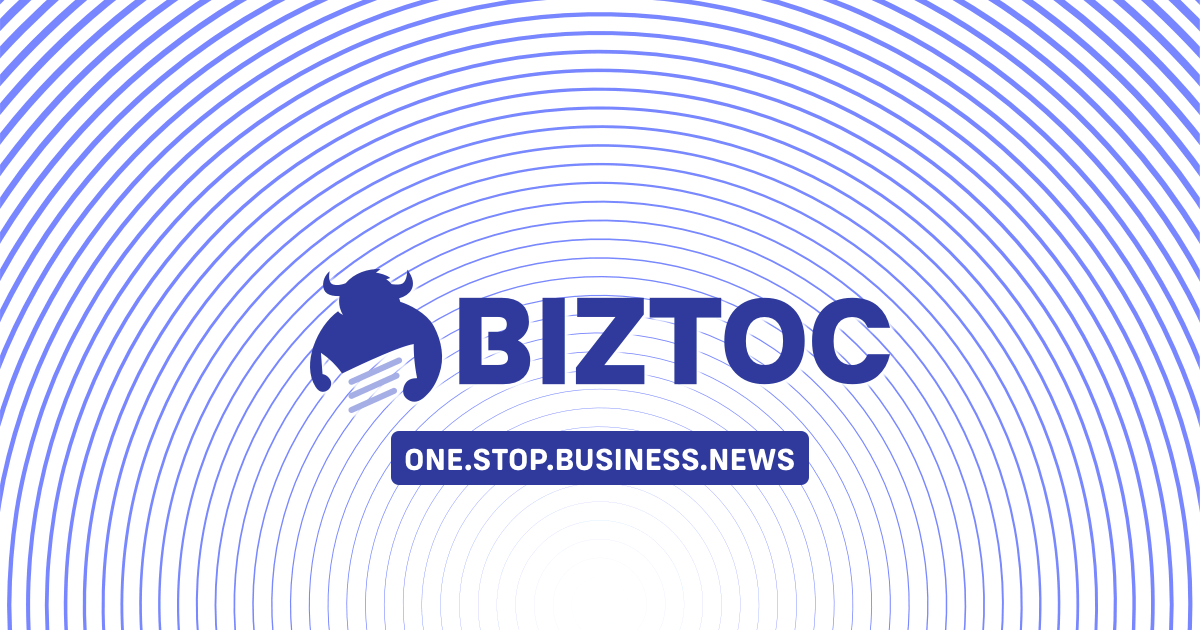A growing group of WNBA players, including Napheesa Collier and Caitlin Clark, is calling for increased compensation and urging the league commissioner to act. Amid fears of a 2026 lockout, tensions remain high as the league and its players union still lack a new collective bargaining agreement.
WNBA players want more money — and a growing roster of stars like Napheesa Collier and Caitlin Clark are calling out the league commissioner to get it

Key Takeaways:
- WNBA players, led by notable stars, are demanding higher pay
- Napheesa Collier and Caitlin Clark have voiced concerns to the league commissioner
- Existing CBA negotiations have stalled, fueling lockout fears for 2026
- The ongoing conflict underscores the broader issue of fair compensation in women’s sports
Background
The WNBA faces escalating concerns over player salaries, with calls for higher compensation echoing throughout the league. Many players are vocal about needing more substantial financial support, given their role in advancing women’s basketball.
Players at the Forefront
Napheesa Collier and Caitlin Clark have emerged as conspicuous voices in this conversation. Both have taken their demands directly to the league’s commissioner, saying that fair pay is essential for both existing athletes and the future of the sport.
Lack of a New Collective Bargaining Agreement
The players union and league officials have yet to reach a new agreement on compensation and working conditions. This unresolved issue adds pressure to both parties, as the current landscape offers little clarity to players or team owners on what to expect moving forward.
Potential 2026 Lockout
Fears of a WNBA lockout in 2026 loom large. Without a contractual framework in place, player unrest could intensify, potentially disrupting the league’s schedule and undermining its growing momentum. For fans, these stakes go beyond contract clauses, affecting the structure and stability of women’s professional basketball.
League Response
While the league commissioner and relevant stakeholders have acknowledged ongoing discussions, a concrete resolution has yet to appear. Both sides seem aware that staking out firm positions could set the stage for more pronounced tensions in the run-up to 2026.
Why It Matters
The pay dispute highlights long-standing issues related to wage disparities in sports. With star players advocating vigorously for change, the entire women’s basketball community watches closely. As the WNBA continues to gain greater visibility and fan support, fair pay and security in a collective bargaining agreement are central concerns for everyone involved.











